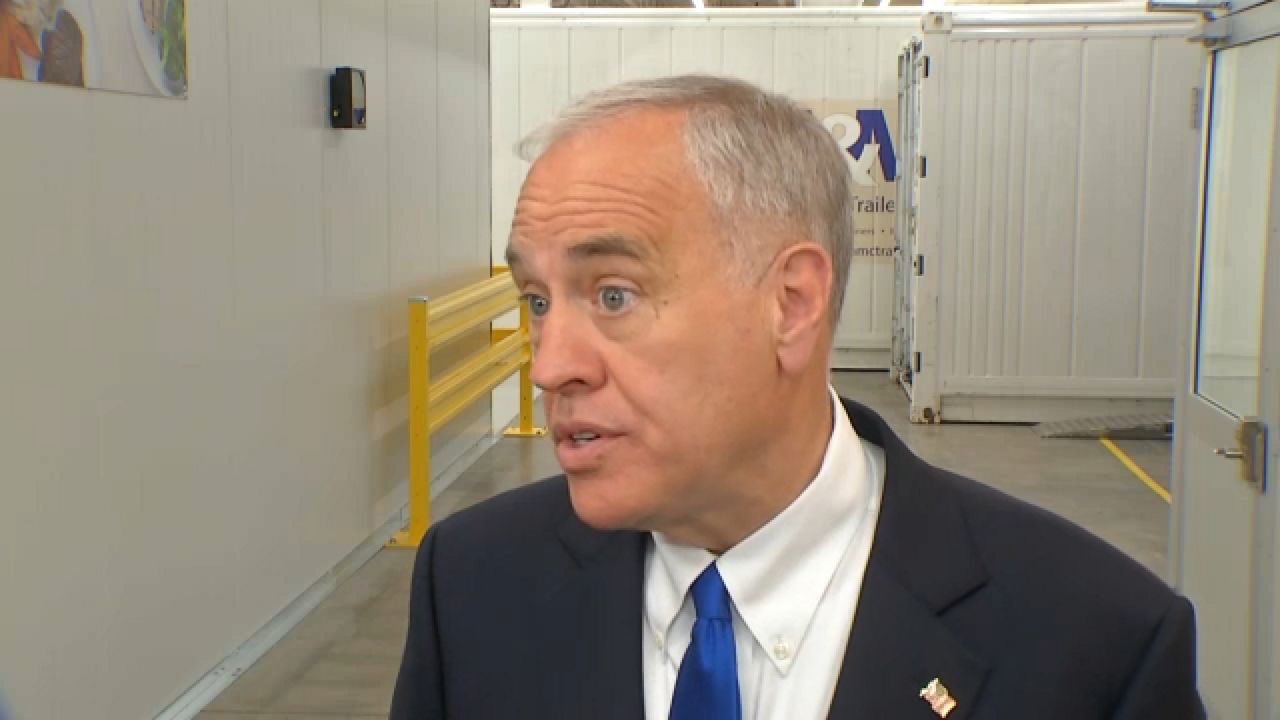New York state should fully implement a plan to stuff billions of dollars into a rainy-day fund over the next several years in order to soften the blow of a potential economic recession, Comptroller Tom DiNapoli urged in a report released Wednesday on the state's fiscal condition.
Not doing so could lead to a significant financial shortfall for the state if a recession strikes, punching a hole in New York's coffers and impact spending for health care and education in the budget.
“Amidst tremendous uncertainty, the state’s fiscal position is currently stable, providing an opportunity to build reserves that should not be lost,” DiNapoli said. “While the state Financial Plan expects revenue growth to continue, economic risks are growing and may jeopardize the state’s fiscal footing. Making deposits to the rainy-day reserves on or ahead of schedule may help prevent disruptions in critical programs and services.”
Gov. Kathy Hochul and state lawmakers in April agreed to increase the state's "principal reserves" from $9 billion to $19.4 billion by 2024. Keeping that target in place could stabilize New York during a potential downturn in the economy.
The state's budget this year was flush with cash, due to combined federal pandemic aid, as well as a tax increase on New York's upper income earners. But the federal support is expected to end and a downturn could lead to even greater uncertainty with the state's tax collections.
New York relies on a small number of very wealthy filers for much of its revenue. If those New Yorkers decide to move or shift their money elsewhere, the budget could be significantly affected.
At the same time, New York's spending has increased over the last several years, though in some areas is expected to decline. That can present its own risks.
DiNapoli's report pointed to enrollment in the Medicaid program expected to peak at 7.7 million people in the 2022-23 fiscal year, and eventually return to pre-pandemic levels of 6.1 million enrollees in 2023-24. But if that enrollment declines at a slower ate or if it does not decline, additional costs would be incurred.
Hochul last month met with top members of her cabinet, warning them the budget next year would likely not have as much money.



